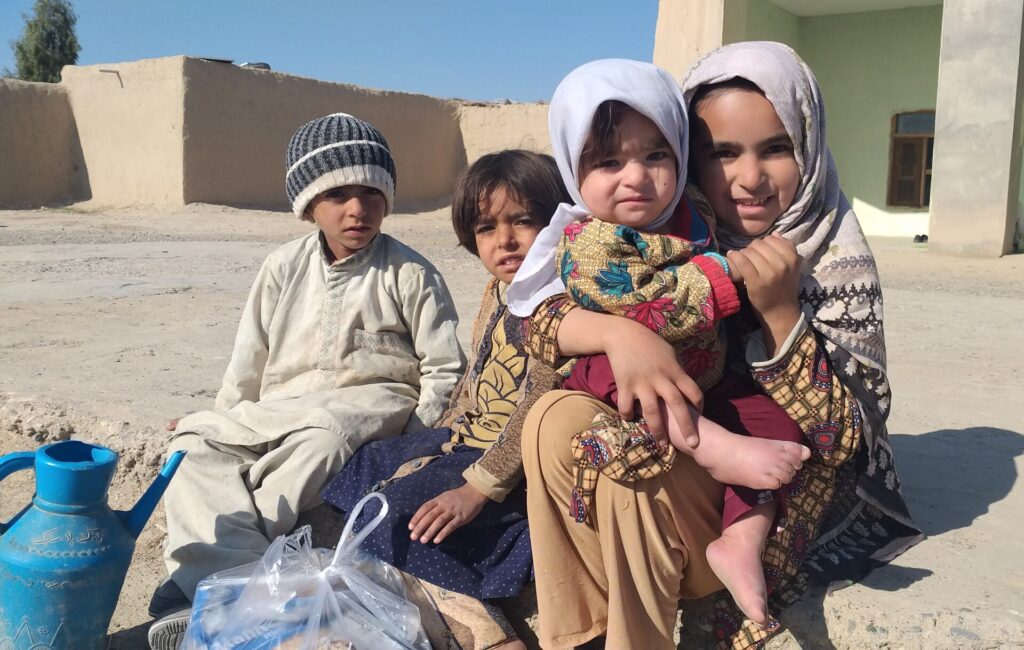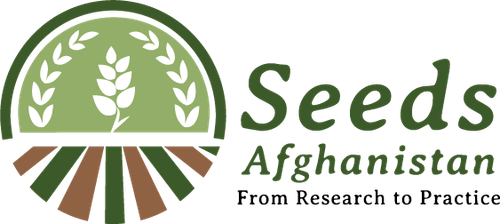Fighting Malnutrition with Emergency Care
Fighting Malnutrition with Emergency Care
Village of Peace supports vulnerable groups in Afghanistan, including single mothers and their children. The aim is to provide these groups with immediate emergency aid and long-term support so that they can work towards an independent future.
Health problems due to poverty
In Afghanistan, many orphans and single mothers suffer from severe malnutrition and food insecurity. Due to prolonged conflicts and economic problems, access to basic services is limited for a large part of the population. This reinforces the cycle of poverty and results in a high risk of health problems. In particular, malnutrition in the early years of life can lead to long-term health problems.
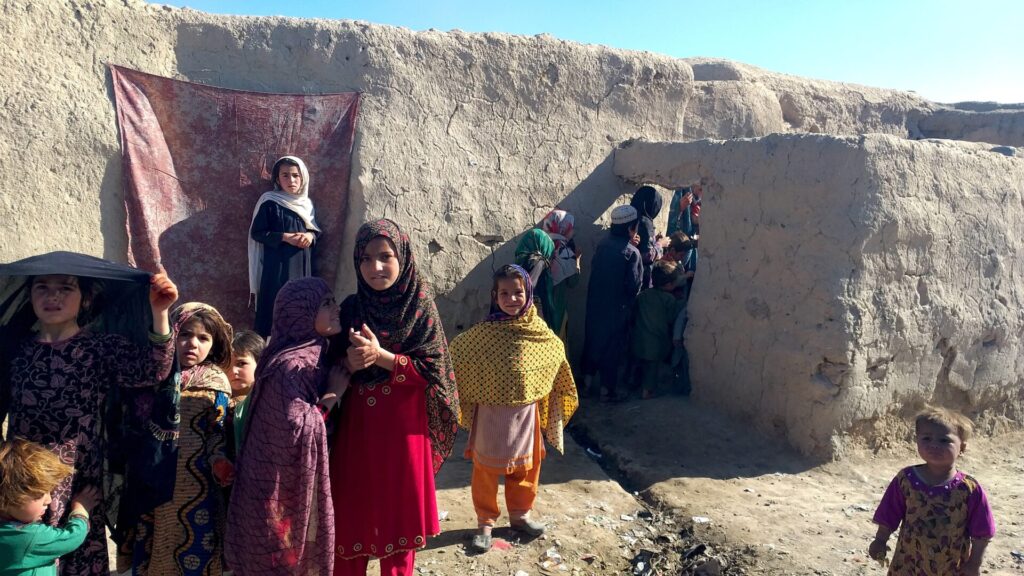
From emergency aid to self-reliance
Food security is essential for building a healthy and independent life. Village of Peace believes that improving nutrition and self-reliance will help these vulnerable groups create a better future. Furthermore, this project is in line with the UN Sustainable Development Goals, contributing to a structural solution to poverty and hunger.
The unique approach of Village of Peace
Village of Peace combines emergency relief with interactive training. Orphans and their mothers receive direct food aid, while single mothers also receive training in hygiene, healthy nutrition and small-scale agriculture. Village of Peace stimulates the local economy by purchasing food locally and improves living conditions for the long term with sustainable training. This approach prevents dependency and aligns with international Sustainable Development Goals (SDGs), namely SDGs 1, 2, 3, 5, 10, 11, and 17.
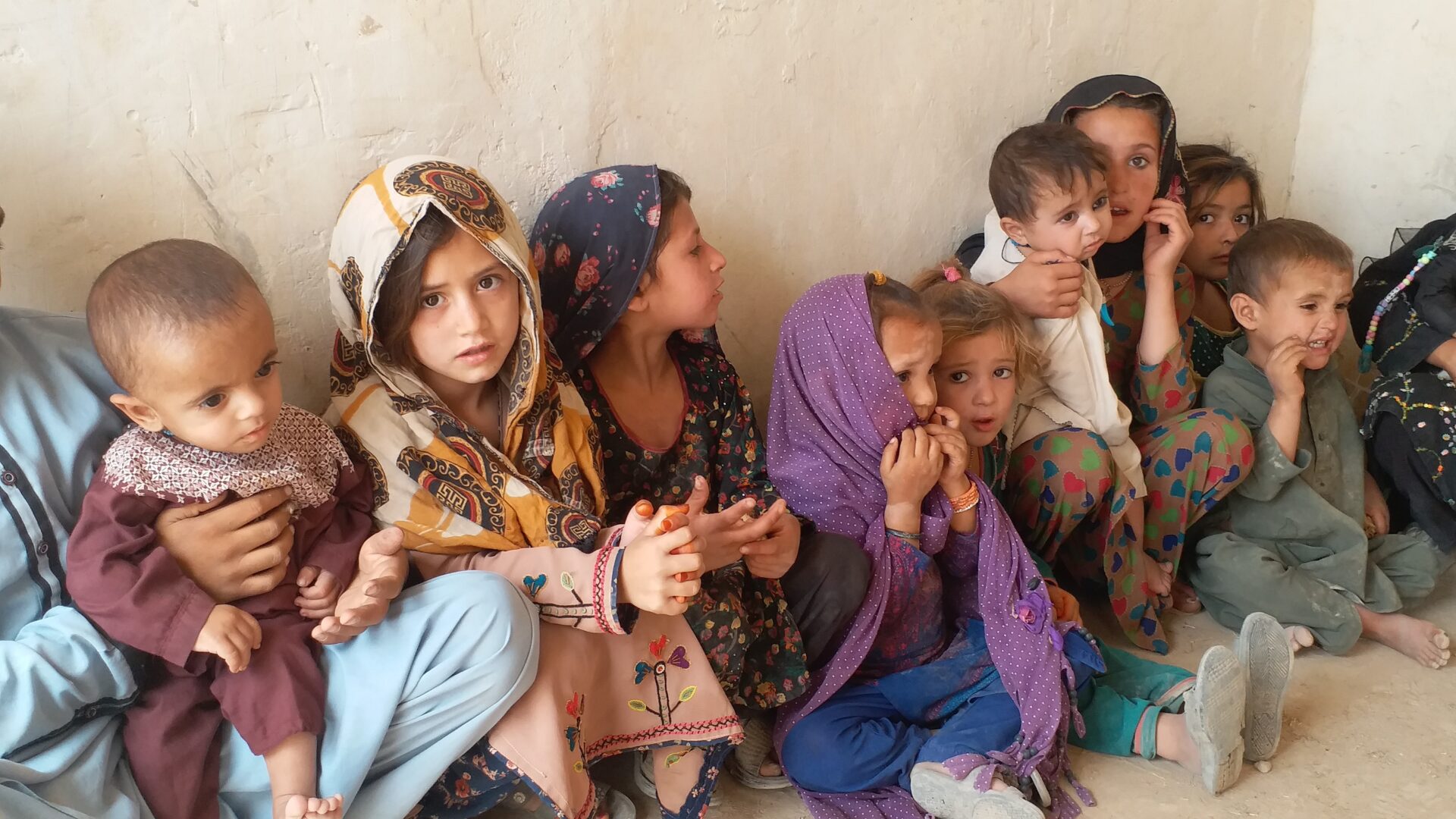
Food aid
To effectively combat malnutrition, providing sustainable nutrition is the number one priority. One example of a highly nutrition food is peanut butter or Ready to Use Therapeutic Food (RUTF).
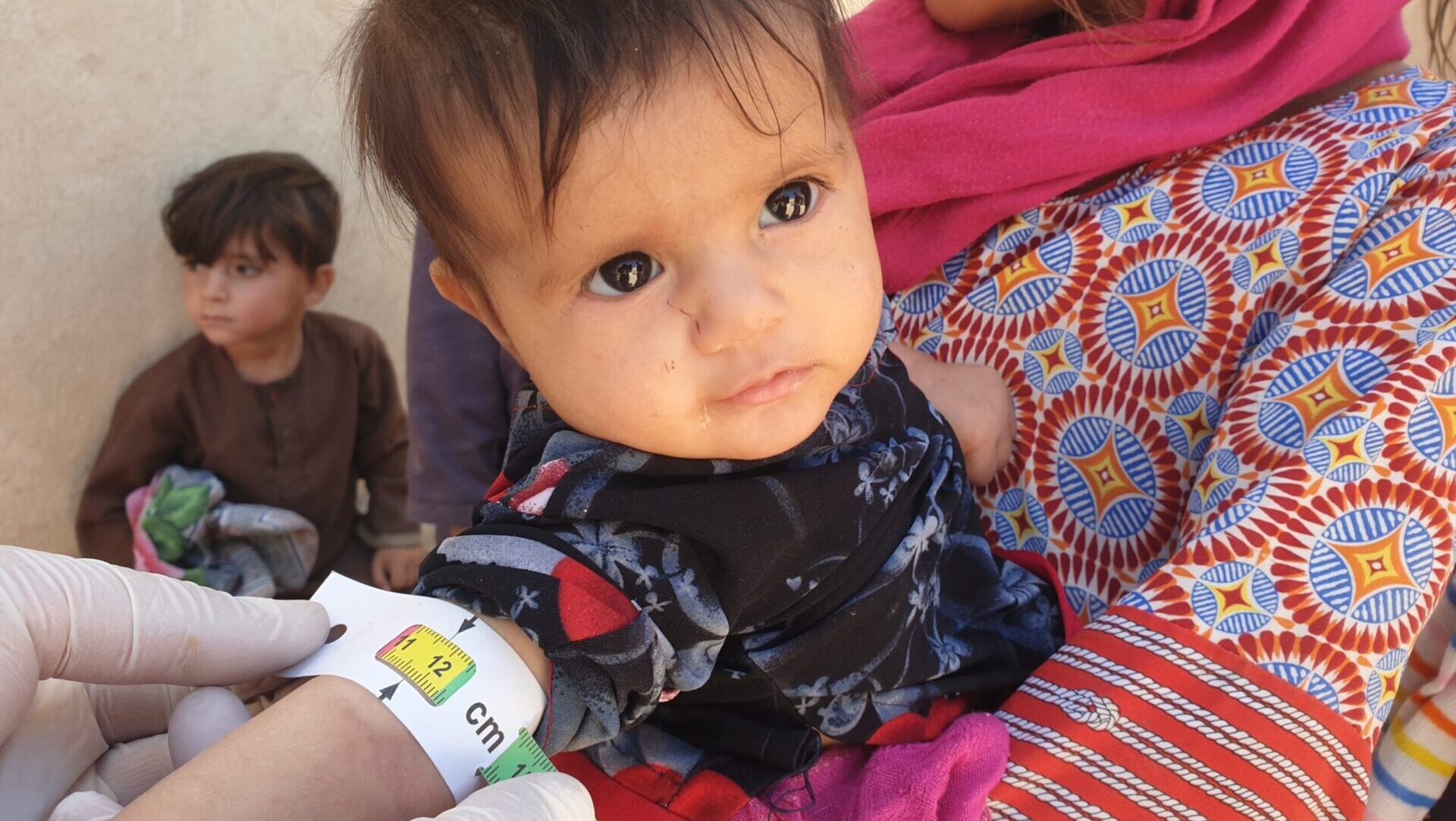
Coaching
We monitor the child’s recovery and guide the parent(s)/care giver(s). Specific indicators are checked on a regular basis and, where necessary, the approach is adjusted for the optimal recovery of the child.
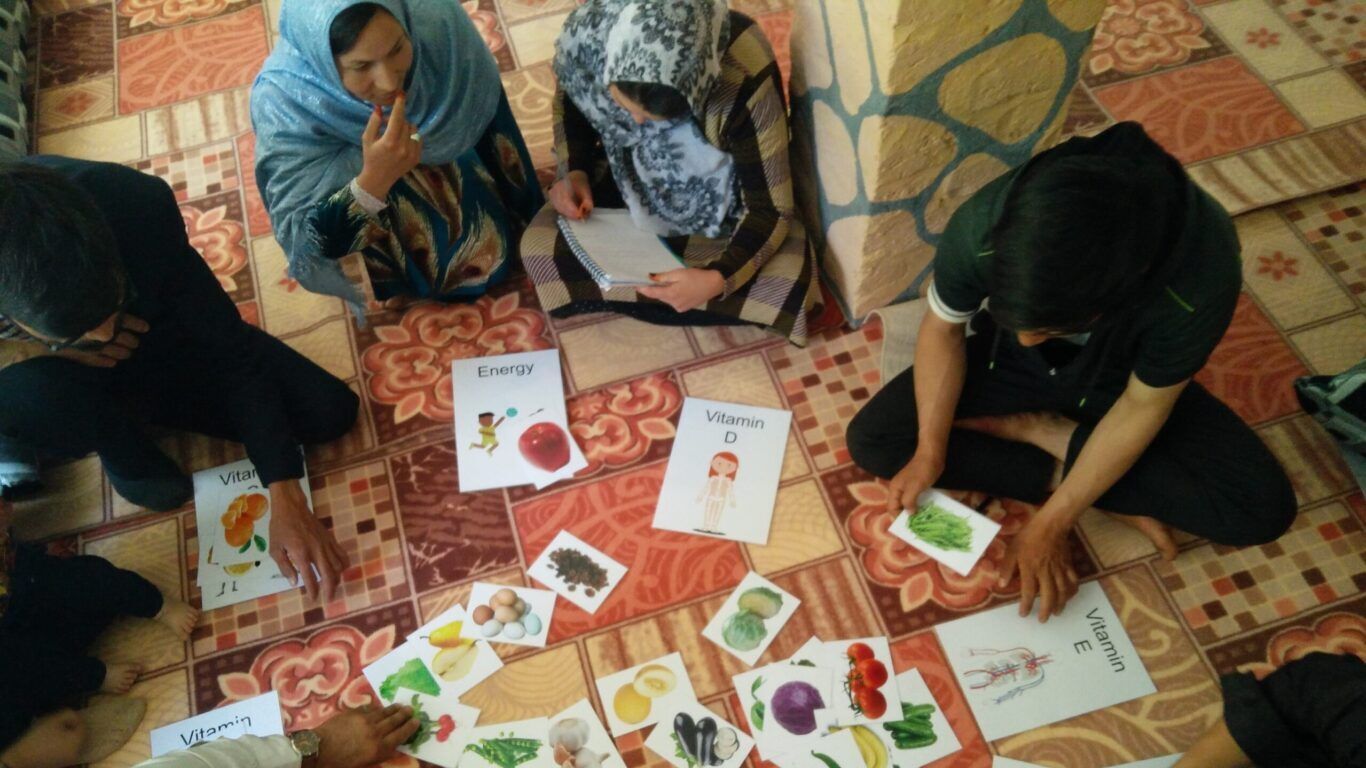
Training
We train the parent(s)/care givers(s) in the areas of hygiene, nutritional value and Human Development. This gives a new perspective for the future and helps them to take steps towards self-reliance.
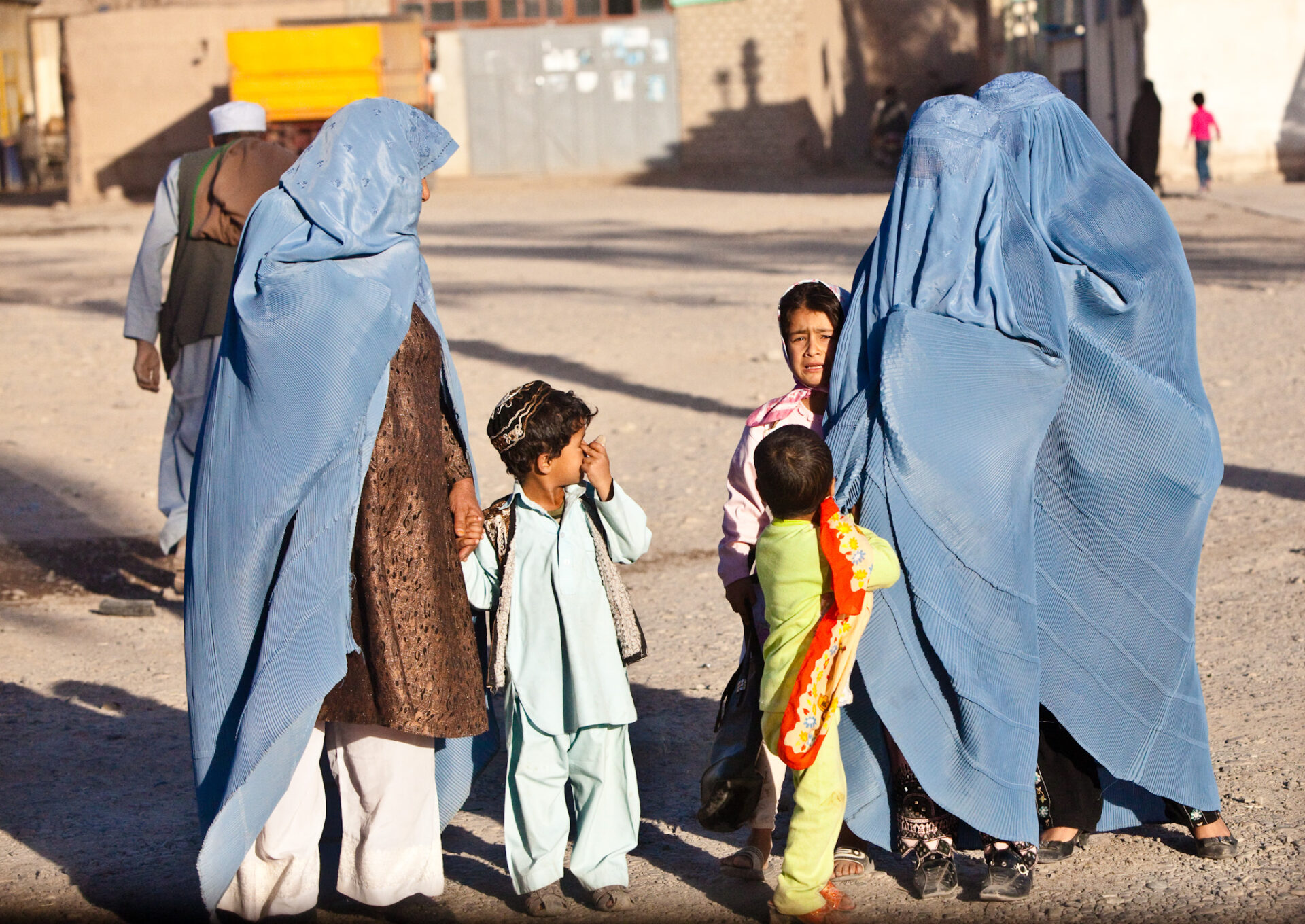
Najiba, single mother of four, tells us:
“After the withdrawal of troops, my husband passed away and I was left alone. I knew little about nutrition, but thanks to Village of Peace, our family received emergency food and I received training in hygiene and healthy eating. Our health has improved greatly. I am grateful for this opportunity for a better future.”
OUR APPROACH
Since 2014, Village of Peace has been training Afghans to rebuild their country. Our approach is holistic. Naturally, we provide food, medical care, and shelter where necessary, but the focus is on education, information, growing food, and finding a job. Our goal: a healthy and independent life for all single women and their children.
Scientifically based impact assessment
To ensure that our training courses and projects are adapted as effectively as possible to the local situation and target group, we work closely with Wageningen University & Research (WUR) and SEEDS Afghanistan. Using scientific research, they measure the effectiveness and impact of our programs and provide advice on possible improvements. This is how we work together to achieve a sustainable impact on food security and quality of life in Afghanistan.
Why Village of Peace?
This project in Afghanistan promotes long-term food security, health and economic stability, and aligns with international sustainable development goals. With their support, donors can make a direct impact on lives and help break the cycle of poverty and malnutrition in one of the world’s most challenging regions.
“Give hope and help build a future where vulnerable Afghans can work towards self-reliance..”
From malnutrition to self-reliance
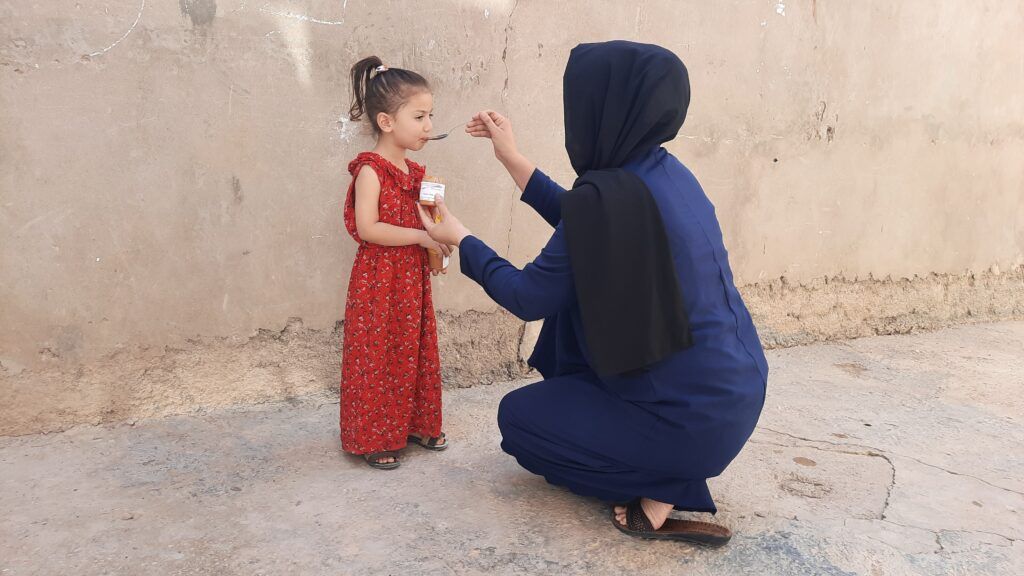
In Afghanistan, widows and orphans are at the bottom of society. It is a daily struggle for them to find food, resulting in malnutrition. We help these women to change their situation. Often, this means providing emergency aid first.

We then train them through practical education and help them build a food-secure existence.
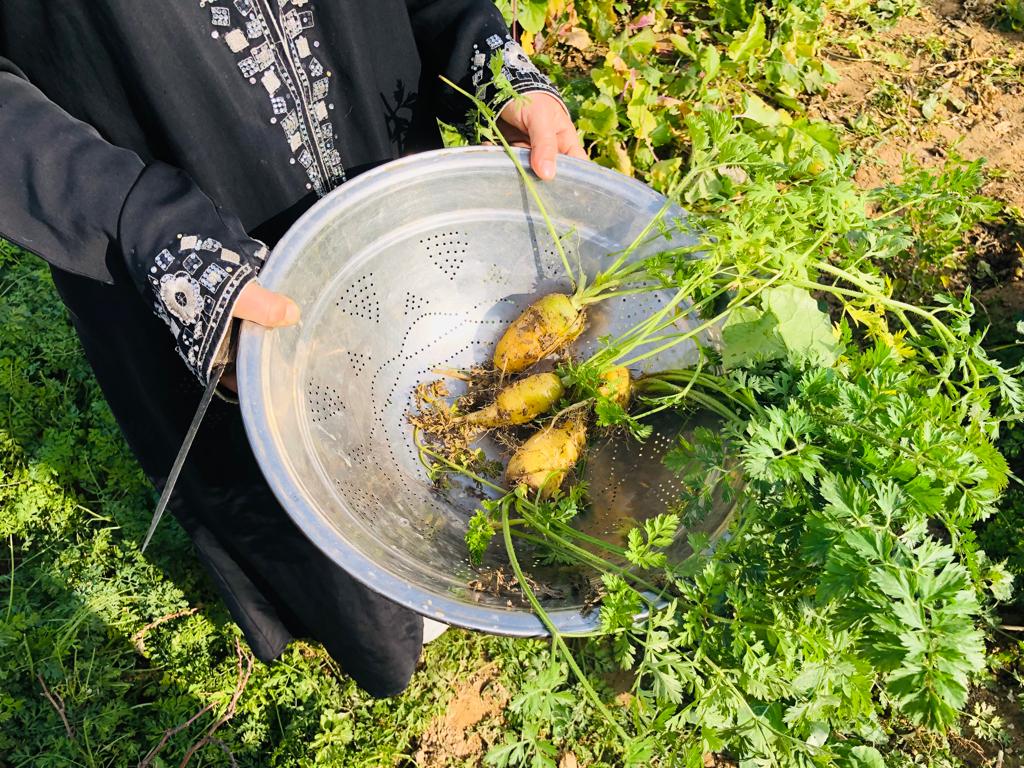
This enables them to work on their self-reliance and regain their place in Afghan society. Food security is the springboard to a healthy and independent life, not only for the widow and her children, but also for her immediate network. In this way, she ultimately makes a difference locally.


